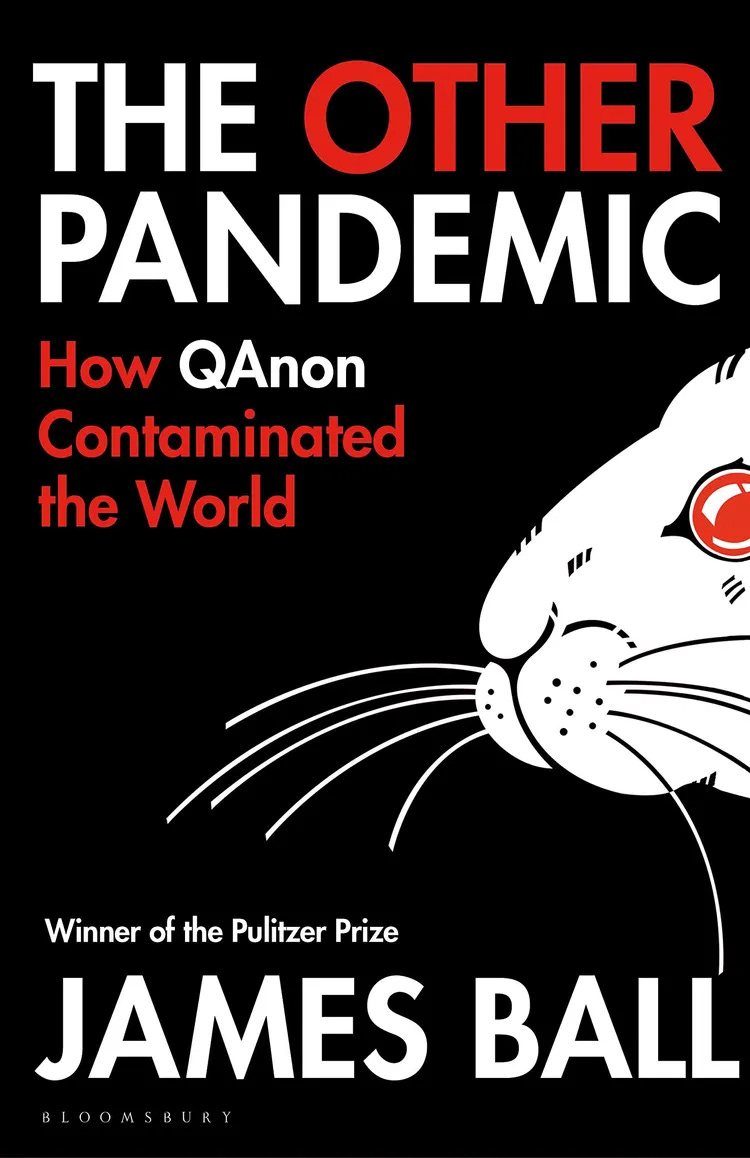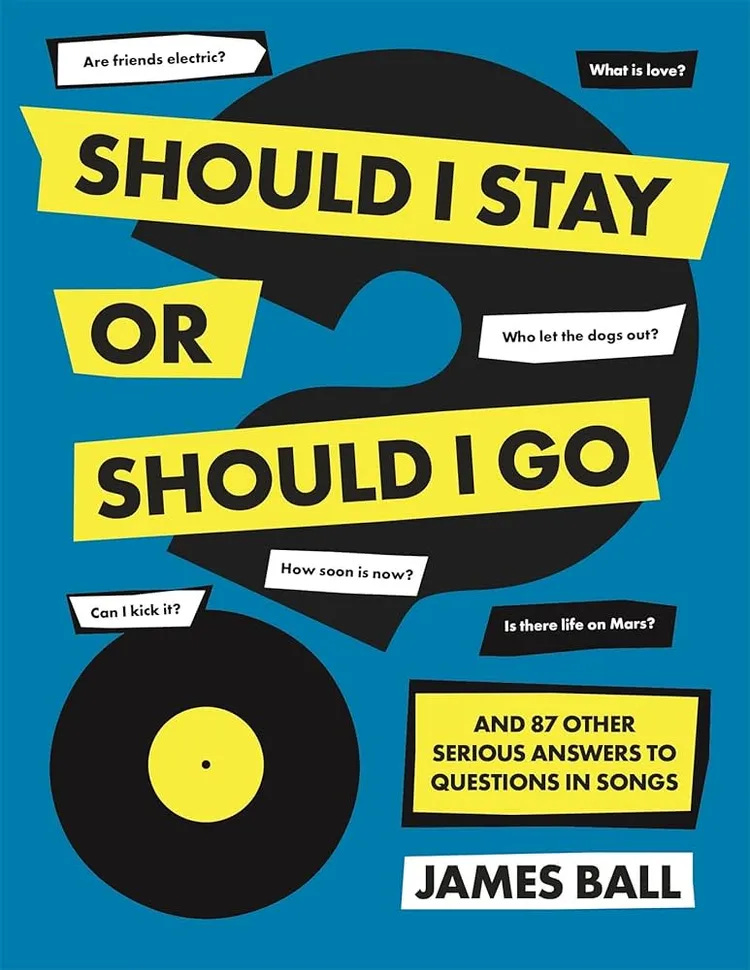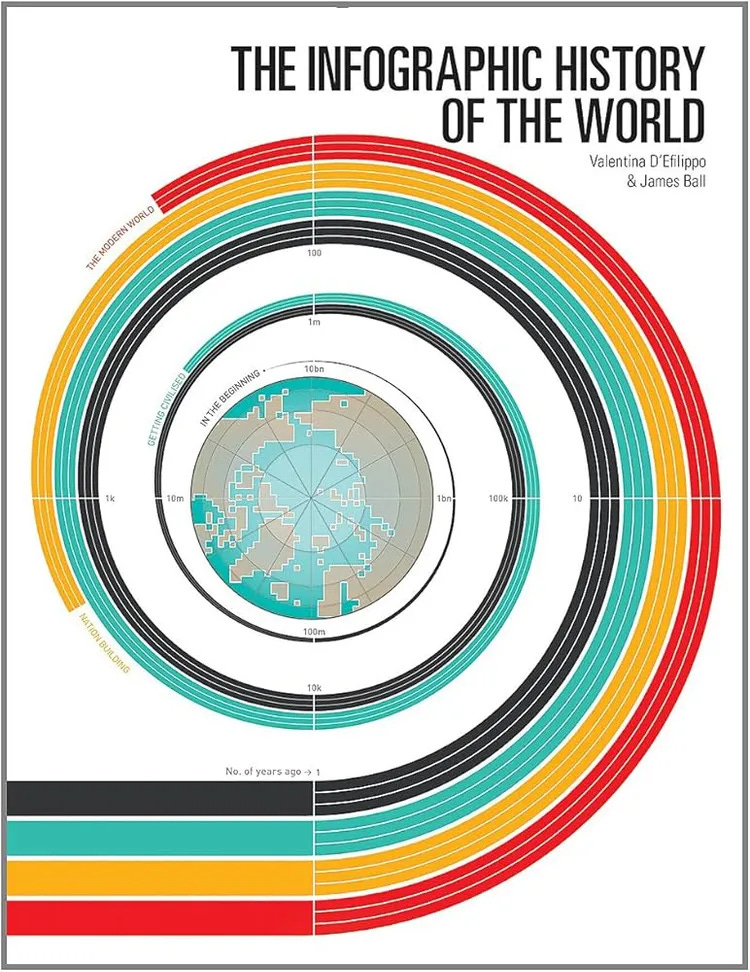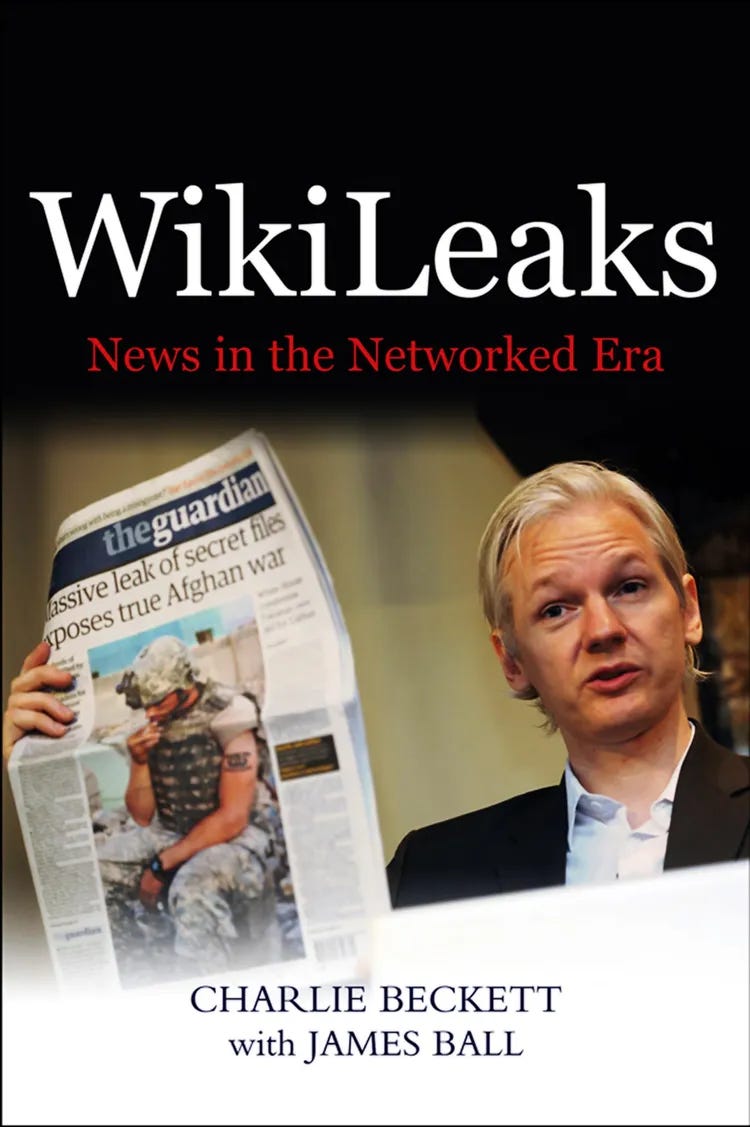Books
The Other Pandemic: How QAnon Contaminated the World
Pulitzer Prize-winning investigative journalist James Ball takes us into the depths of the internet to trace the origins and rapid ascent of QAnon, the movement that mutated from a niche online conspiracy theory into the world's first digital pandemic.
Praise for The Other Pandemic:
In his new book about the QAnon movement, the investigative journalist James Ball teases out the global network of people who have essentially given up on the notion of objective reality, from bored teenage trolls to duplicitous politicians and crazed billionaires . Ball takes to his task with a convert's zealotry -- Ethan Croft ― The Times
An insightful book about the conspiracy movement compares it persuasively to a self-replicating disease . A disturbing study of the origins and resilience of an exceptionally versatile and pernicious network of paranoid digital malcontents -- Rafael Behr ― Guardian
This is a worthwhile, pacy and well-written book. It is an important one, too. We need to understand why people are hoodwinked by and have faith in conspiracy theories because it is happening with increasing frequency ― New Scientist
Utterly fascinating -- Dom Joly
Ball, with this biography of the internet, takes us beyond Zuckerberg, Bezos et al into a murkier world where we discover how everything online works and who benefits from it. Fascinating, engaging and important, too -- praise for The System ― Observer
Brilliant, wide-ranging . The Other Pandemic presents a detailed and disturbing diagnosis ― Spectator
A riveting account ― Tablet
What [Ball] reveals about QAnon is fascinating . Disturbing and insightful, The Other Pandemic is a valuable study of a "versatile and pernicious" phenomenon ― The Week
The System: Who Owns the Internet, and How It Owns Us
In this powerful and necessary book, James Ball sets out on a global journey into the inner workings of the system. From the computer scientists to the cable guys, the billionaire investors to the ad men, the intelligence agencies to the regulators, these are the real-life figures powering the internet and pulling the strings of our society.
Praise for The System:
In The System, James Ball takes a critical look at who runs the internet . . . His book is a sprightly history of the internet seen from the perspective of its inventors, investors, custodians, rule-makers and rebels . . . Ball recommends that we should pay far more attention to how the internet works and not allow ourselves to be "bamboozled into inaction" as we were with the finance industry before the 2008 crash ― Financial Times
Ball is a sprightly writer and a master explainer . . . He has a gift for choosing which details to bring forth . . . He does an excellent job here of showing how the system works, where its levers of power are, and how they can be moved. Which is important. It's important because you have an interest too . . . The System could not be more timely ― Spectator
'An illuminating and focused guide on who controls the internet and how it controls us. Will change how you see the world -- Peter Pomerantsev, author of 'This is Not Propaganda'
An excellent summary of how we got where we are, and how we can move forwards to build a better internet -- Jimmy Wales, founder of Wikipedia
Ball, with this biography of the internet, takes us beyond Zuckerberg, Bezos et al into a murkier world where we discover how everything online works and who benefits from it. Fascinating, engaging and important, too ― Observer
Post-Truth: How Bullshit Conquered the World
2016 marked the birth of the post-truth era. Sophistry and spin have coloured politics since the dawn of time, but two shock events - the Brexit vote and Donald Trump's elevation to US President - heralded a departure into murkier territory.
From Trump denying video evidence of his own words, to the infamous Leave claims of £350 million for the NHS, politics has rarely seen so many stretching the truth with such impunity.
Bullshit gets you noticed. Bullshit makes you rich. Bullshit can even pave your way to the Oval Office.
This is bigger than fake news and bigger than social media. It's about the slow rise of a political, media and online infrastructure that has devalued truth.
This is the story of bullshit: what's being spread, who's spreading it, why it works - and what we can do to tackle it.
Praise for Post-Truth:
Kaszuo Ishiguro acclaims "James Ball's Post Truth for its vivid analysis of how the business models and incentives currently prevailing in digital media render decent discourse all but inaudible." --The Guardian Summer Reads
"Worth reading for [its] dissection of one of the more annoying and insistent mosquitoes of our social and media lives."-- Financial Times
"A crisp, highly informative introduction to what ails the information industry and what can be done about it ... Ball's analysis of where the media have gone wrong is thorough and courageously even-handed" -- The Times
"Better than anyone I know, Ball explains how the economics of the web is destroying the possibility of financing serious news and raising the question of whether readers want a cautious fact-checked article when it is cheaper and much more profitable to follow Breitbart, the Express or the Canary and whack out clickbait, which is anything but 'boorring' ." -- The Observer
"A timely and important book by one of the smartest of the new generation of journalists and thinkers." -- Alan Rusbridger, former Guardian editor-in-chief
"James Ball's analysis of all this is careful, methodical and thoughtful... It's a compelling look at what we like to think of as a modern phenomenon." --Reaction Life
Bluffocracy
Britain is run by bluffers. At the top of our government, our media and the civil service sit men – it's usually men – whose core skills are talking fast, writing well and endeavouring to imbue the purest wind with substance. They know a little bit about everything, and an awful lot about nothing. Written by two self-confessed bluffers, this incisive book chronicles how the UK became hooked on bluffing – and why we have to stop it.
Praise for Bluffocracy:
Punchy […] An invaluable peek behind the curtains of power, whether it be Oxford tutorials, the fast-stream of the civil service or the corridors of Westminster. Certainly worth reading. --MoneyWeek
Should I Stay Or Should I Go?: And 87 Other Serious Answers to Questions in Songs
What is love? How soon is now? How do you solve a problem like Maria?
They're some of the most famous questions ever asked. But do you know the answer to them? In Should I Stay or Should I Go?, award-winning journalist James Ball travels from the economic status of doggies in windows, to what war is good for and what becomes of the broken hearted to find out the definitive, fascinating and hilarious answers.
The Infographic History of the World
James Ball (author) and Valentina D'Efilippo (designer)
The Infographic History of the World starts at the dawn of time and launches into a 13.8 billion-year journey. Four sections--In the Beginning, Getting Civilized, Nation Building, and The Modern World--present world history as a visual essay of facts, trends and timelines. It is history done in a new way, a beautifully designed collection of insightful and revealing infographics that tell us where we've been and where we're heading.
The book's design cleverly mirrors the content, opening with parchment-like paper stock, primitive typography and no color and progressing to glossy pages, minimalist design and brilliant color.
Seventy-four topics, 100 infographics and 224 pages weave a story of civilization and conquest, of war and peace, of science and invention, as well as some of the big issues of the day.
"The authors have put as much effort into the design as the data and their book is meant to entertain as much as to inform."
-- The Economist
WikiLeaks: News In The Networked Era
Charlie Beckett with James Ball
WikiLeaks is the most challenging journalistic phenomenon to have emerged in the digital era. It has provoked anger and enthusiasm in equal measure, from across the political and journalistic spectrum.
WikiLeaks poses a series of questions to the status quo in politics, journalism and to the ways we understand political communication. It has compromised the foreign policy operations of the most powerful state in the world, broken stories comparable to great historic scoops like the Pentagon Papers, and caused the mighty international news organizations to collaborate with this tiny editorial outfit. Yet it may also be on the verge of extinction.
This is the first book to examine WikiLeaks fully and critically and its place in the contemporary news environment. The authors combine inside knowledge with the latest media research and analysis to argue that the significance of Wikileaks is that it is part of the shift in the nature of news to a network system that is contestable and unstable. Welcome to Wiki World and a new age of uncertainty.
Praise for WikiLeaks: News in the Networked Era:
"A well-written and interesting account of WikiLeaks’ history"
Discourse and Communication
"An incisive overview of the Wikileaks saga and its implications."
The Age
"An excellent systematic documentation on the history of WikiLeaks and the controversial role of the founder."
Digital Journalism
"Would be an excellent text to assign in courses on journalism. It comes highly recommended, since it is full of insight, is easy to navigate and makes compelling arguments."
Central European Journal of International and Security Studies
"A cool-headed, astute analysis of the social, political and technological context in which the now infamous website was formed."
Engineering and Technology
"This excellent study is a fascinating insight into WikiLeaks and is the first bookt o examine this new phenomenon of the age."
Orange Standard
"In this terrific book, Charlie Beckett with James Ball weave the disparate threads of Julian Assange and WikiLeaks - the future of journalism, of statecraft, of secrecy - into a readable and compelling narrative. Essential for anyone interested in the future of free speech or global politics."
Clay Shirky, New York University
"A fascinating insight into Wikileaks, and what its version of transparency means for the ethics, focus and newly emerging forms of journalism in our time. Beckett and Ball have produced a book that combines timeliness with significance in its examination of the implications of Wikileaks for journalism."
David A L Levy, University of Oxford
"Essential reading for anyone who wants to understand one of the biggest revolutions for journalism, whistleblowing and freedom of information."
Jo Glanville, Editor, Index on Censorship
Purchase on Amazon.







